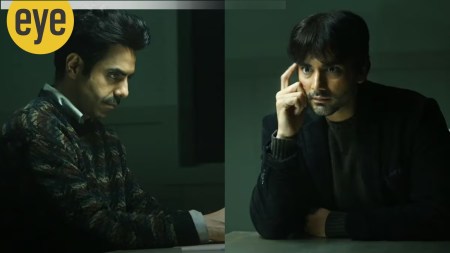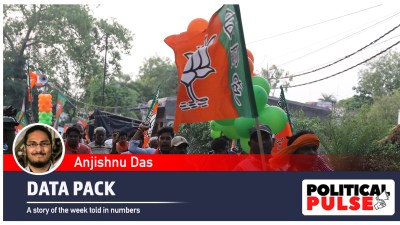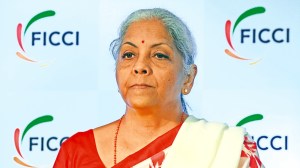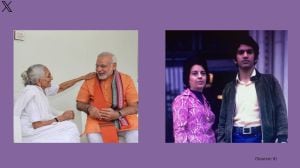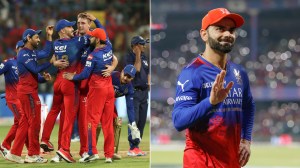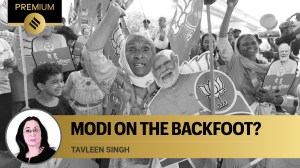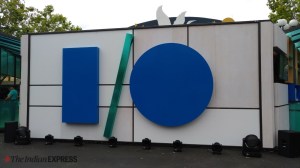- India
- International
Aadhaar card: SC allows Centre to link Aadhaar with PDS, LPG subsidy
Clarifies Aadhaar not mandatory, cannot be insisted upon for doling out benefits under welfare schemes.
 Aadhar cards.
Aadhar cards.
The Supreme Court Tuesday allowed the Centre to link Aadhaar card data with the public distribution system (PDS) and LPG subsidy. The court, however, rejected a plea to stop further enrolment under the scheme.
The interim order was passed as the bench referred to a Constitution Bench a clutch of petitions, which contended that Aadhaar enrolment was a breach of the “fundamental” right to privacy. Observing that Aadhaar presents a possibility of plugging the leaks in the PDS, where pilferage and fraudulent procurements were rampant, a three-judge bench led by Justice J Chelameswar permitted the government to use Aadhaar for its schemes to distribute food grains, kerosene and LPG.
“We agree with you that PDS is very important. We are not saying don’t enrol more people under the UID (Unique Identification Scheme) but restrict it to PDS and LPG. We don’t think that it is of no consequence that there are certain benefits of this scheme and a lot of corruption can be eliminated. What is wrong with stopping leakage and not letting non-existent people draw benefits? There is no doubt the system is a bucket with water and a lot of holes in it,” observed the bench, also comprising Justices S A Bobde and C Nagappan.
WATCH: The Aadhar Question. Why Is The Programme In A Limbo?
The development was significant as it cleared the way to officially make functional some projects that government wanted rolled out linked to Aadhaar. At the same time, the government also succeeded in warding off a plea that wanted an immediate stay on further enrolment due to privacy concerns being raised.

The bench, however, underlined that the issue was being referred to a larger bench as there were “apparently unresolved contradictions” in its previous judgments as to whether privacy was a fundamental right or not.
While clarifying that it was an interim order, the bench said that Aadhaar was not mandatory and cannot be insisted upon by public authorities for doling out benefits under the social welfare schemes.
“The Union of India will give wide publicity in print and electronic media and also on radio that it is not mandatory to obtain Aadhaar cards,” the bench said, as Attorney General Mukul Rohatgi expressed the government’s willingness to issue advertisements clarifying Aadhaar was optional.
Blog: Decoding the Aadhaar judgment: No more seeding, not till privacy issue is settled by court
The court also recorded an undertaking by Rohatgi that “no personal information” of the card holders will be shared with any other agency and that the information will not be used for any other purposes except for PDS, LPG and in a criminal investigation.
While expressing concern over possible misuse of the huge database of personal information, the bench said: “You may not do it, but you may unwittingly allow others to do it. Other agencies may access such information and harass them.”
However, Rohtagi retorted that the purpose of the scheme was only “to make sure those not entitled to certain benefits are weeded out”.
The court also denied the government a go-ahead to link Aadhaar with MNREGA and students’ scholarship schemes
Meanwhile, referring the matter to a Constitution Bench, the court noted that there were two judgments — in 1954 and 1963 — holding that privacy was not a fundamental right, while subsequent judgments by smaller benches in 1990s read right to privacy into right to life and liberty under Article 21.
Citing this dichotomy, the court said an authoritative decision was a must to define the contours and status of the right to privacy which is a pivotal point of contention raised in the petitions.
The issue was likely to be referred to a nine-judge bench eventually since the 1954 judgment was by an eight-judge bench.
May 13: Latest News
- 01
- 02
- 03
- 04
- 05










